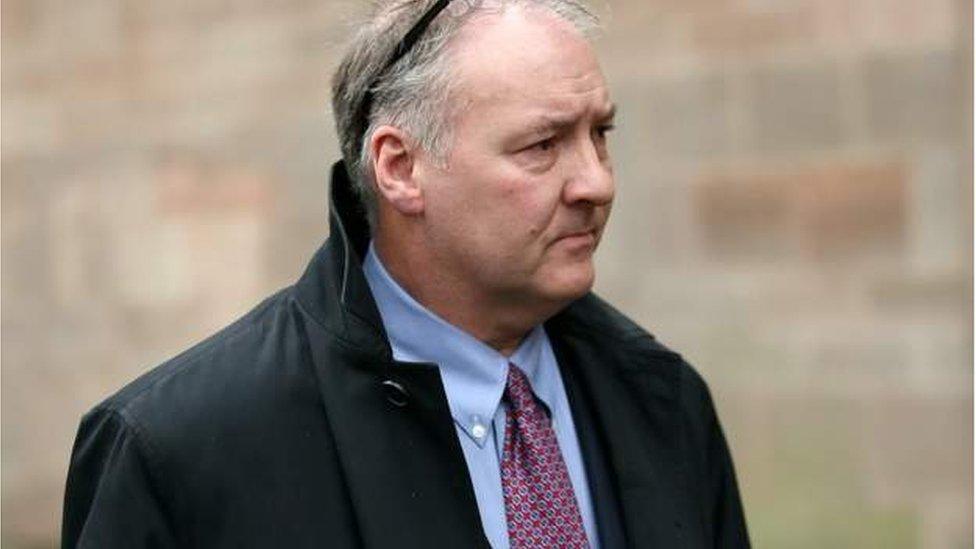Ian Paterson: Improvements should be done at pace, says victim
- Published
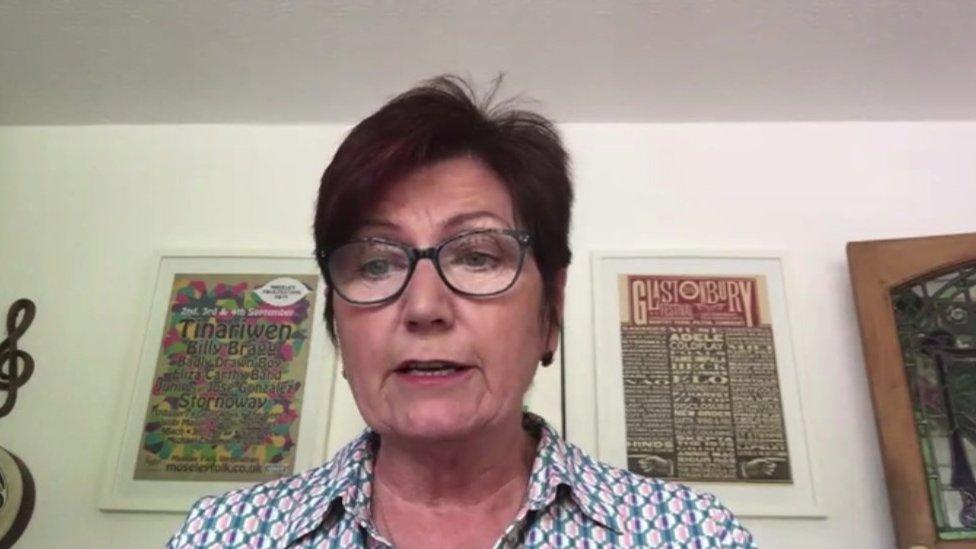
Debbie Douglas said she is "frustrated" at the speed at which recommendations made by an inquiry are being put in place
Victims of breast surgeon Ian Paterson said independent inquiry improvements are not being implemented fast enough.
Paterson was jailed in 2017 after he was found to have carried out needless operations on patients across Birmingham and Solihull.
The 2020 report's recommendations include the recall of his 11,000 patients to assess their treatment.
The Department of Health and Social Care (DHSC) said it is working to stop future patients facing similar harm.
On Sunday, ITV screened a documentary Bodies of Evidence: The Butcher Surgeon, external which featured victim and campaigner Debbie Douglas, who was instrumental in getting the inquiry established.
She said the government needs "to put pace behind" the work to implement the 15 recommendations it made.
"It is important those recommendations are embedded in legislation, it is important there is governance over those recommendations to stop another Paterson, it is important that there is a proper consent procedure," she said.
The recommendations called for consultants to write directly to patients to explain proposed surgical treatment as standard practice, a public register to detail which types of operations surgeons are able to perform and for patients to be given time to reflect on their diagnosis and treatment options before they are asked to consent to surgery.
In December, Health Secretary Sajid Javid said the government was "as committed as ever" to learning lessons from the case but the work had been delayed by the coronavirus pandemic.
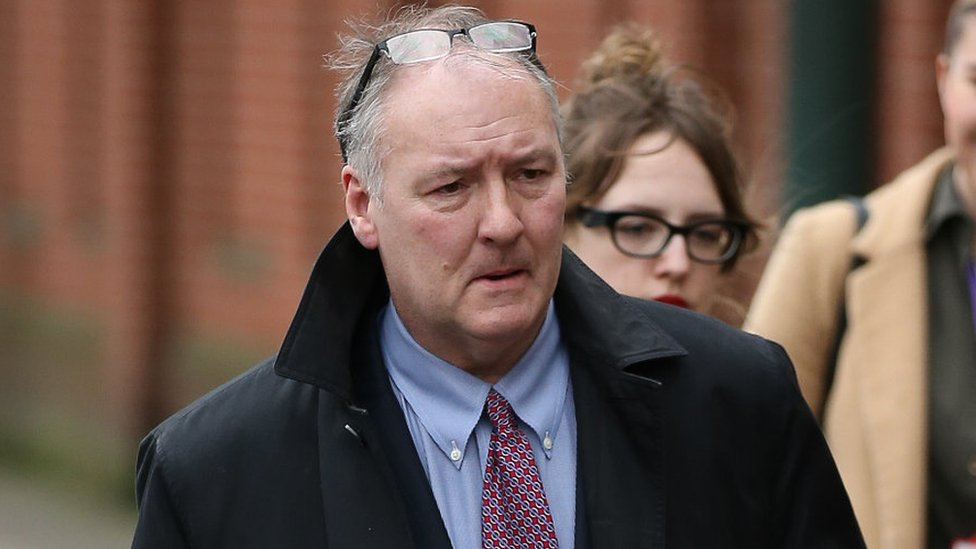
The independent inquiry into Paterson made 15 recommendations
Paterson, who had 11,000 patients across employed by the Heart of England NHS Foundation Trust, the independent Spire Parkway, Solihull, and Spire Little Aston in Birmingham, is serving a 20-year sentence following his conviction for 17 counts of wounding with intent.
His unregulated "cleavage-sparing" mastectomies, in which breast tissue was left behind, meant cancer returned in many of his patients, and some had the operations despite not having the disease.
A DHSC spokesperson said: "The Health and Social Care Secretary has been clear that the system must never let patients down like this again, and we have accepted the majority of recommendations made by the independent inquiry and are taking action to prevent future patients facing similar harm."

Follow BBC West Midlands on Facebook, external, Twitter, external and Instagram, external. Send your story ideas to: newsonline.westmidlands@bbc.co.uk , external
Related topics
- Published16 December 2021

- Published26 July 2021
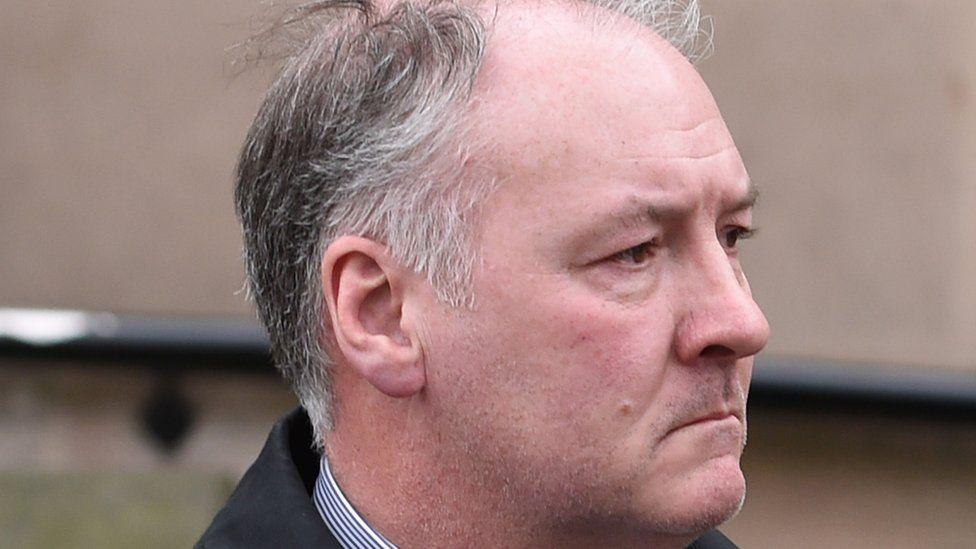
- Published4 February 2020
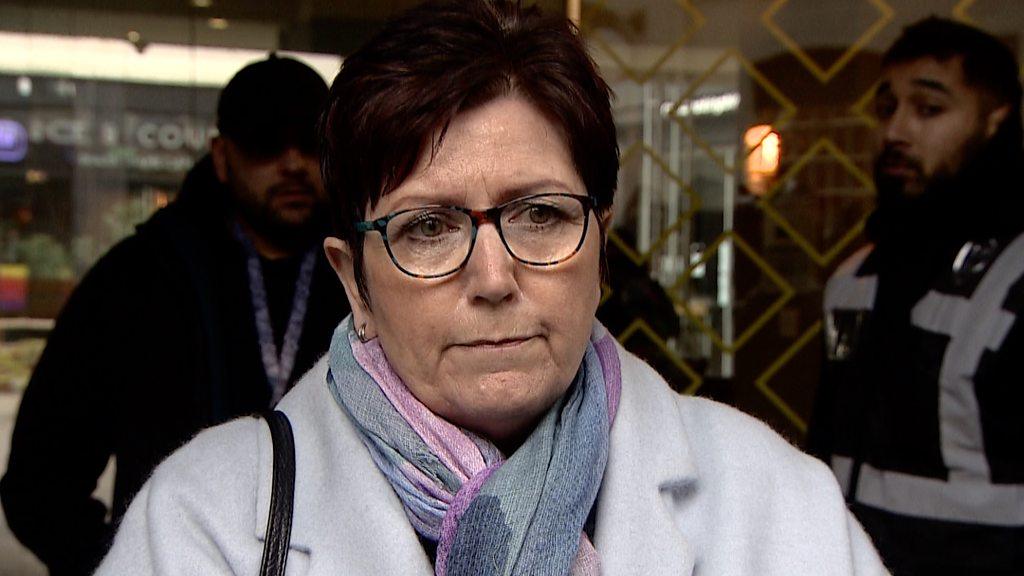
- Published4 February 2020
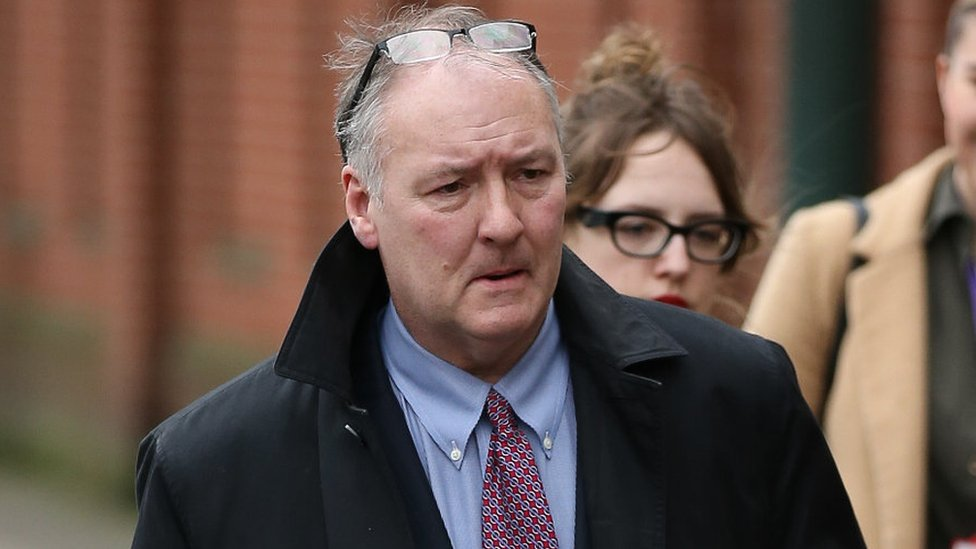
- Published28 April 2017
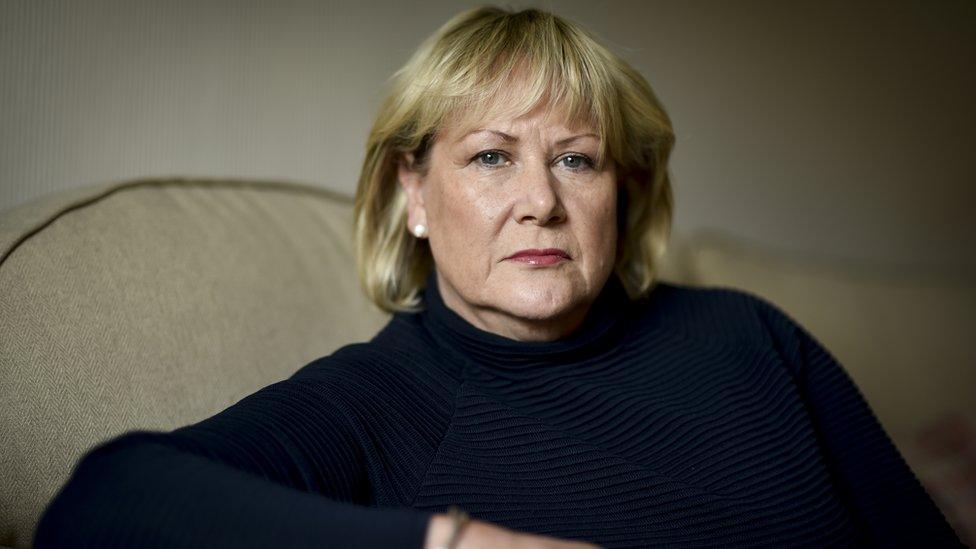
- Published31 May 2017
